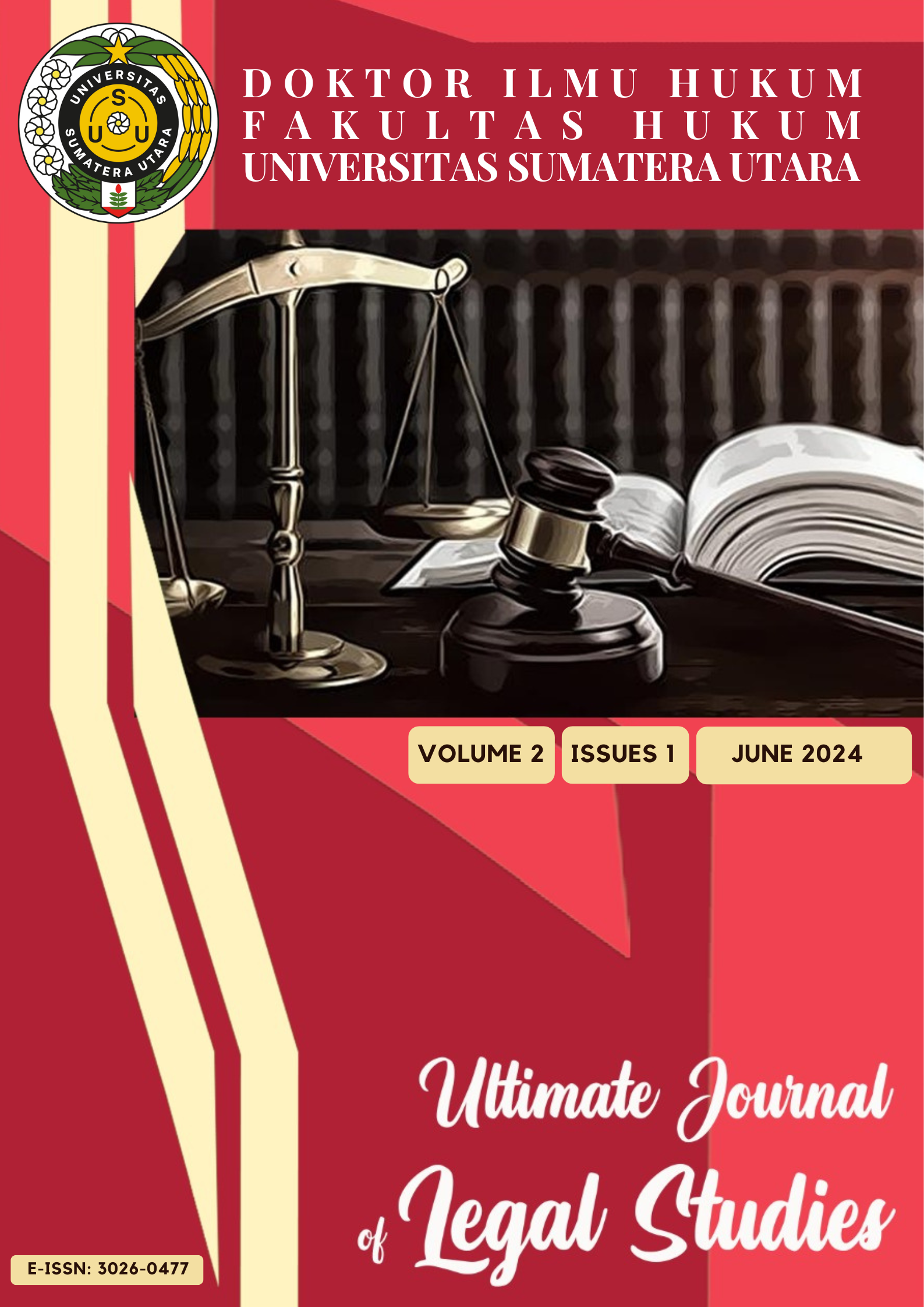Legal Paradigm of The Discretion By Regionl heads in the management of Public Service
DOI:
https://doi.org/10.32734/uljls.v2i1.16677Keywords:
Discretion;, Regional Head, Government Administration, Public ServiceAbstract
The discretion of regions holds particular urgency for implementing innovations in an area. Achieving optimal public services is the goal reported by central and regional governments to meet community needs. Law No. 30 of 2014 on Government Administration identifies discretion as a solution to concrete problems faced in government administration. This law addresses issues that are unregulated, incomplete/unclear, or result in government stagnation. However, these decisions/actions are often laden with power abuse. Discretion, as an action taken by regional heads, is highly subjective and depends on wisdom and case-by-case situations, which cannot be generalized. Despite this, there is no protection for regional heads when exercising discretion. This study discusses actual discretion for regional heads in supporting public interests to achieve expected public services. The research method uses normative juridical analysis, examining laws, regulations, books, legal rules, and literature related to the study's problem formulation. The data collection method is library research, involving tracing, reading, reviewing, or analyzing materials, theories, and concepts. Discretion by regional heads to improve good governance should not only be a regulated concept but must also create effective governance. Thus, the regulation in the Government Administration Law on discretion acts as a legal umbrella and an instrument to enhance the quality of government services to the community.







